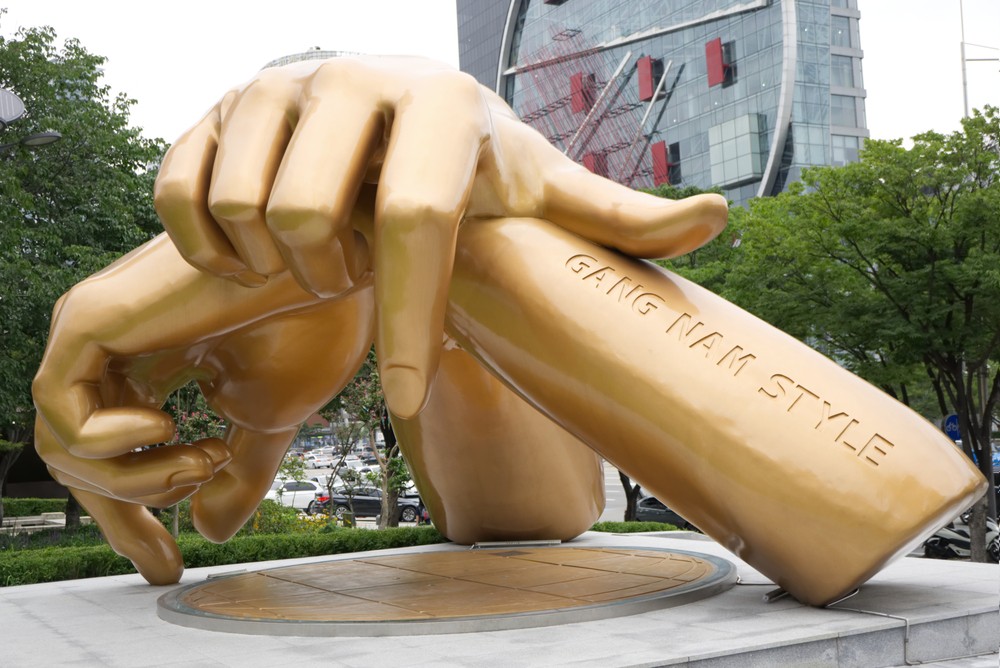Popular Reads
Top Results
Can't find what you're looking for?
View all search resultsPopular Reads
Top Results
Can't find what you're looking for?
View all search results‘Aegyo,’ ‘maknae’: How Korean words make up the unique vocabulary of K-pop fans
Change text size
Gift Premium Articles
to Anyone
Using Korean words has risen as a trend among K-pop and K-drama fans worldwide.
Certain words and slang that recur frequently in Korean popular culture are being incorporated into the everyday language of fans.
Such words include “oppa,” the term females use to affectionately call older males, and “aegyo,” which refers to a display of cuteness. Korean words are sometimes altered for an English-friendly spelling and pronunciation. “Kyeopta” (originally pronounced “gwiyeopda”) means “that’s cute,” and “bogoshipo” (“bogosipeo”) means “I miss you.”
The words are often reflections of a specific facet of Korean culture that cannot be easily translated into English.
Content relating to the terms abounds online. YouTube overflows with compilations of “best K-pop idols’ aegyo” scenes. YouTuber Kennie J. D., who posts videos about Korean language and culture, devoted a video to how ambiguous and difficult it is to use the term “oppa” from a foreigner’s perspective. Fans frequently refer to the youngest members of K-pop groups as “maknae,” the Korean word for “youngest sibling.”
Read also: K-pop agencies move beyond music
In August, a romantic comedy series bearing a Korean phrase in its title kicked off in the Philippines. The series is called “My Korean Jagiya” –- “jagiya” being a Korean term used for a lover, similar to “babe” or “honey.”
The heroine Gia, played by Heart Evangelista, is a bubbly Korean drama fan who unknowingly meets her longtime crush, the former Korean superstar Kim Jun-ho, played by Alexander Lee.
Last February, Fandom Media, a collective of writers who write about various aspects of Korean pop culture, published a book called “K-pop Dictionary: 400 Essential K-pop & K-drama Vocabulary & Examples Every Fan Must Know,” which is available on Amazon.
The book, penned by Korean-American Kang Woo-sung, includes everything from everyday words such as “chingu” (friend) and “jinjja” (really) to contemporary slangs such as “hul” and “daebak,” utterances used to indicate surprise, shock or joy, and “aigoo,” used when someone is in pain or disbelief.
It also features obscure K-pop fandom slang, such as “sasaeng,” which refers to over-the-top, obsessive fans who track down the homes and private lives of their favorite stars.
This article appeared on The Korea Herald newspaper website, which is a member of Asia News Network and a media partner of The Jakarta Post











